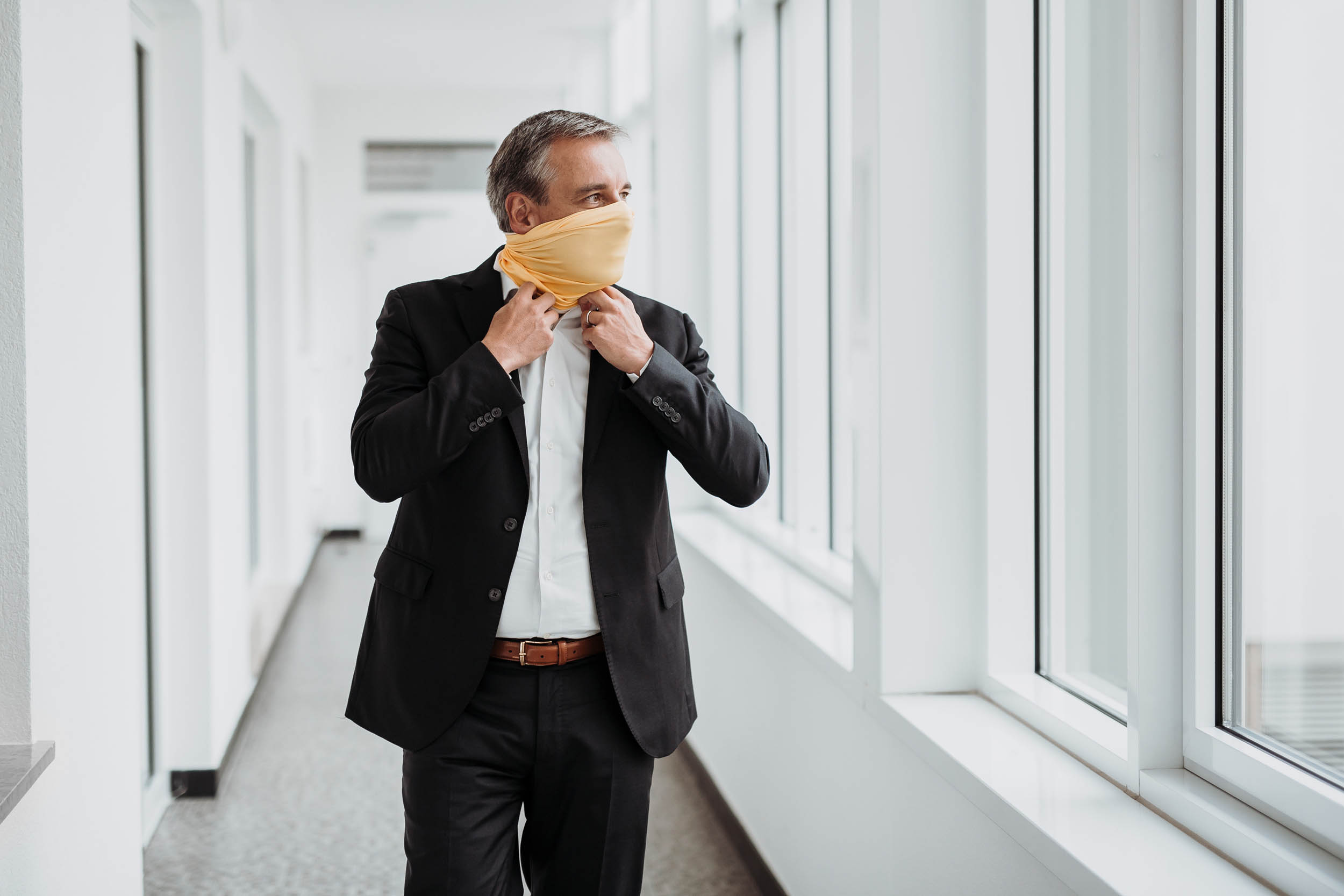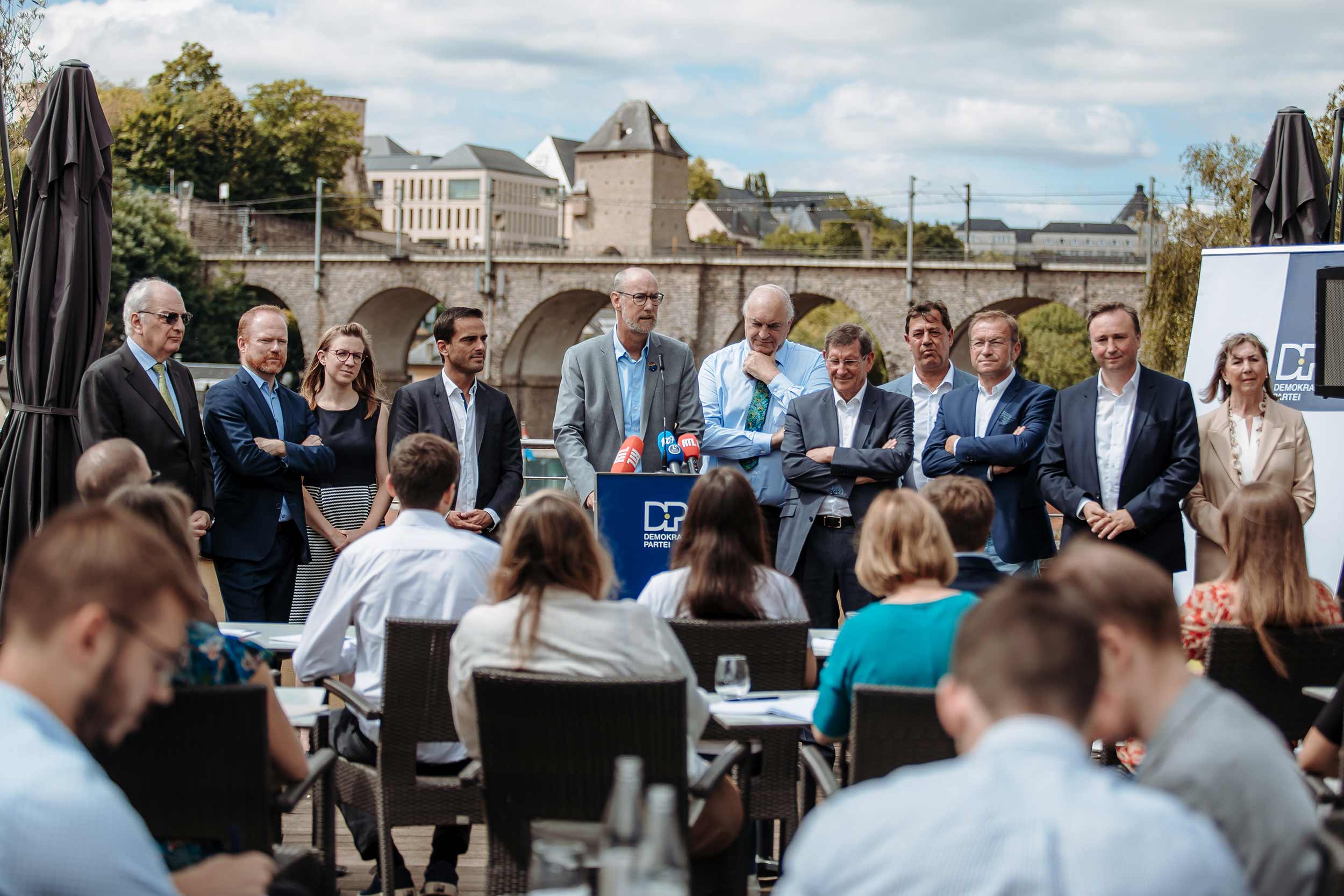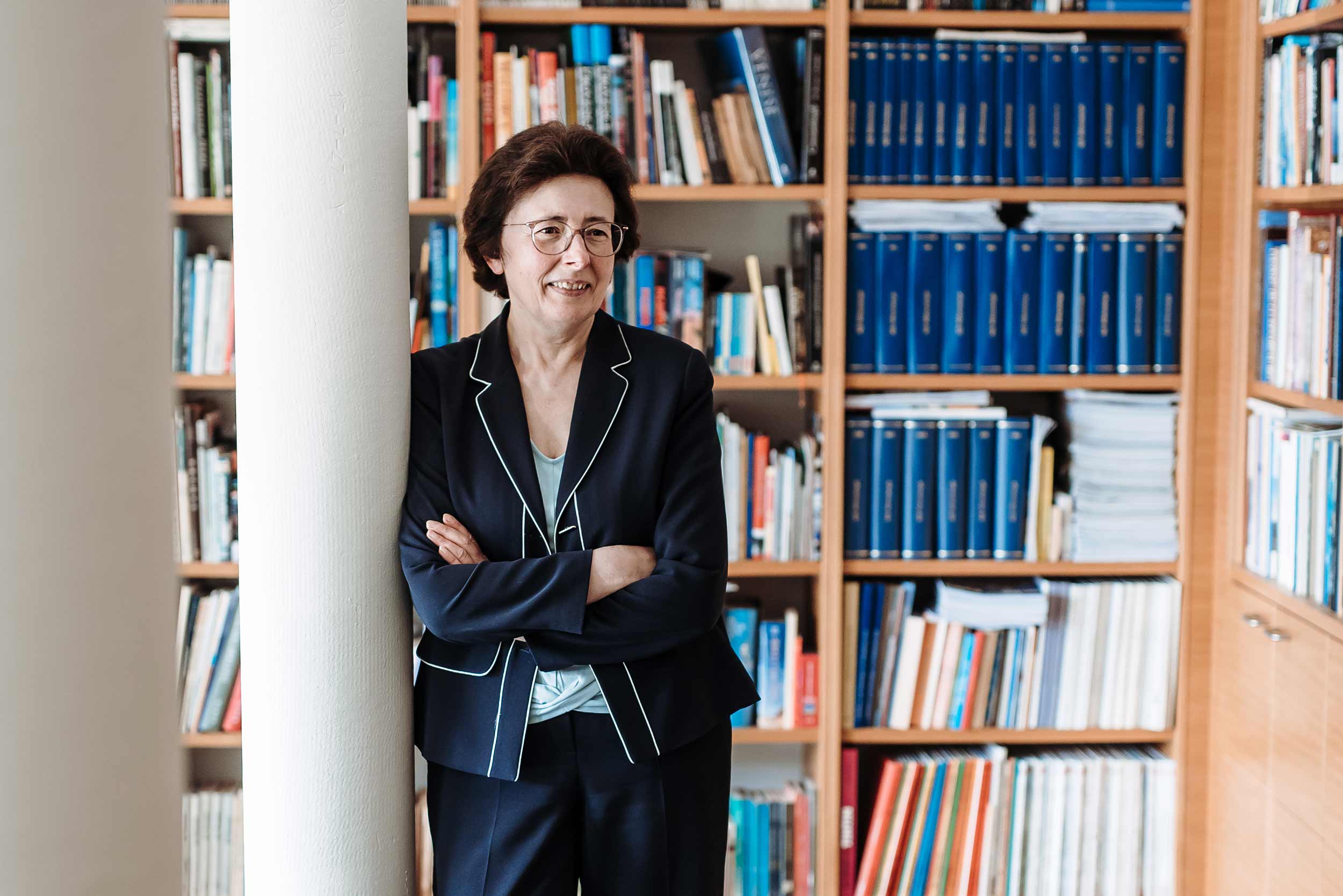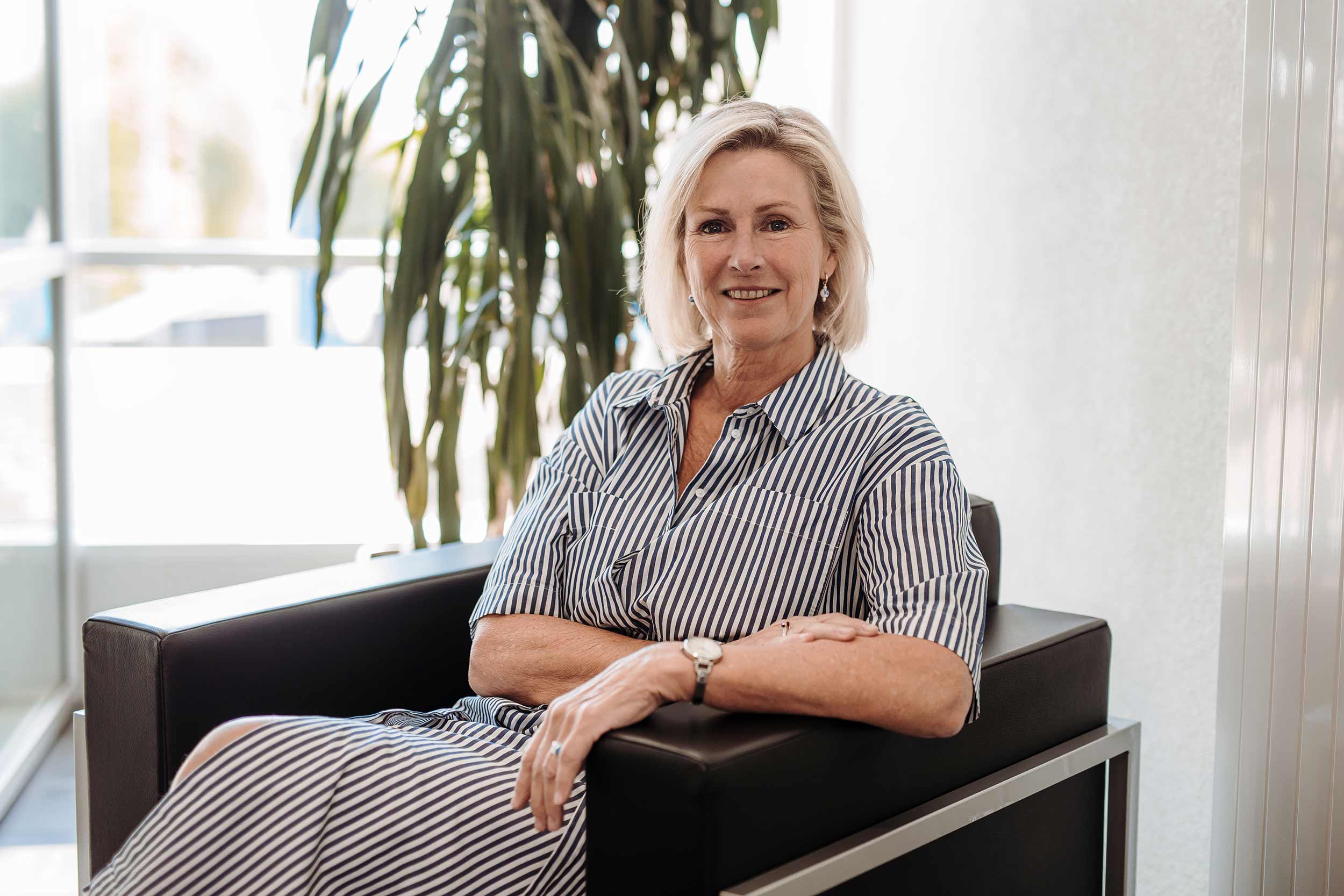“A maximal chance for education, a minimal chance for the virus”
Since the beginning of the pandemic our Minister of Education, Children and Youth, Claude Meisch, has put all his efforts into finding the right equilibrium between protecting the health of our pupils and teachers and executing the fundamental missions of our education system.
The social and educational interests of our children clearly stand at the forefront of the new school year 2020/2021. Besides ensuring the well-being of our pupils, we should start again to promote their independence, creativity and critical thinking.
We cannot risk ending up with a lost generation. Schools have to reassume their full responsibility, which means educating our youth and providing them with social, psychological and intellectual skills.
According to Minister Claude Meisch, we need to encourage our kids and teenagers to resume their sportive, social and cultural activities, which they had to limit during the Covid-19 pandemic. “If we want a strong and caring society for our future, it is important that our children continue to be socially involved”, said the Minister.
“We care”
In order to promote a healthy lifestyle for our children, the Centre psycho-social et d’accompagnement scolaires (CePAS) will start several prevention programs in the coming months. The aim of these proactive measures is to prevent patterns of violent and addictive behavior and to inform about topics like sexuality, emotions and the use of social media.
In a similar context, we also need to further encourage the social inclusion of children with behavioral disorders. Secondary schools will hire additional personnel for their équipes de soutien des élèves à besoins spécifiques (ESEB) and elementary school teachers will receive vocational training on topics like prevention and de-escalation.
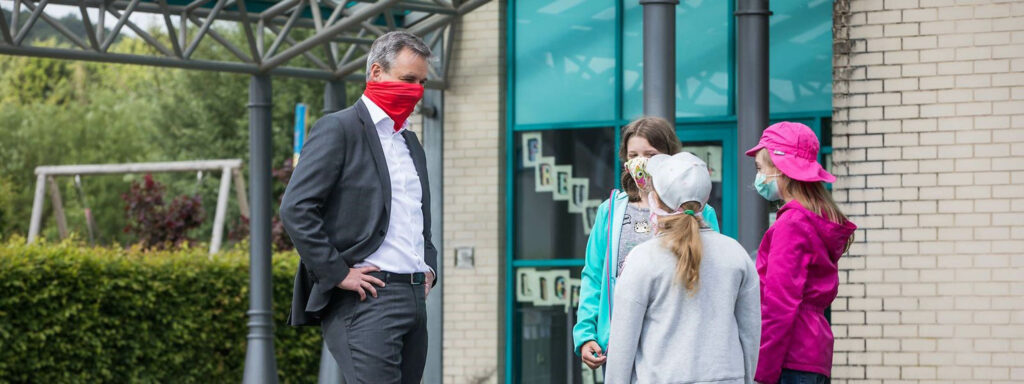
Integration of newly arrived immigrants
Next to social inclusion efforts, the integration of migrant and refugee children also plays an important role when it comes to creating a friendly and open-minded school environment. The Ministry of Education, Children and Youth therefore plans to set up a special unit in charge of the reception and integration of newly arrived immigrants.
This unit will continuously monitor the intellectual and behavioral progress of migrant and refugee children to allow a timely adaptation of their school curriculum. Every child, no matter where it comes from, deserves comfort and fair future prospects.
2020 – the year of digitalization
In the age of digital transformation our kids and teenagers need to stay on track with the ever-changing nature of technology. The biggest current challenge of our education system is to provide our pupils with the necessary skills to work in a digitalized environment. Even before the sanitary crisis, Minister Claude Meisch decided to modernize the Luxembourgish school curriculum. The pandemic only emphasizes how important and valuable digital skills really are.
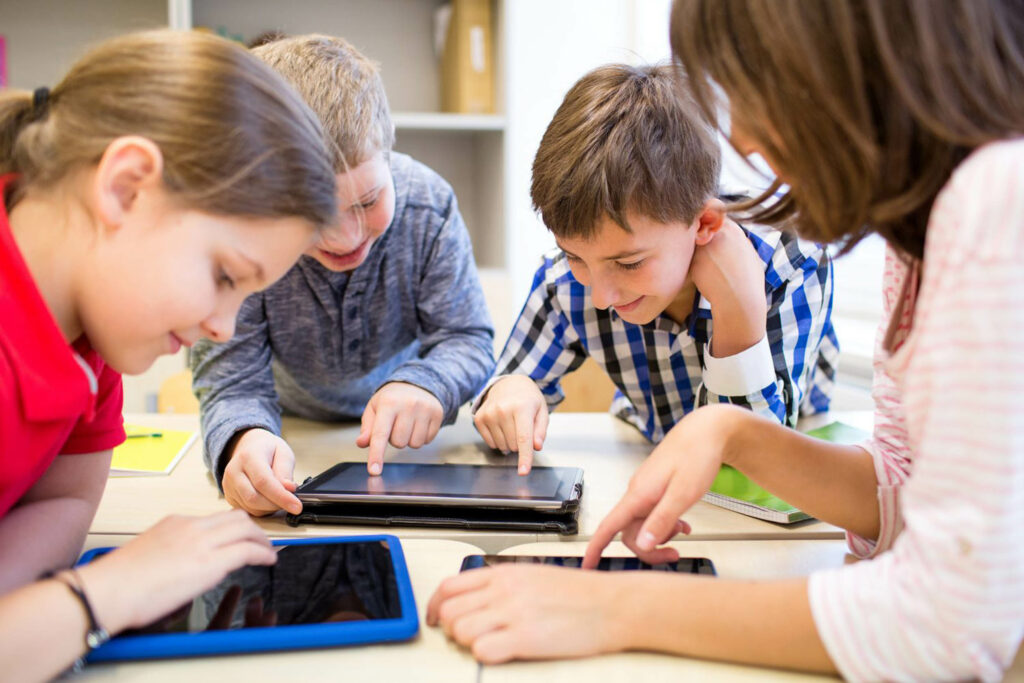
Coding
The introduction of Coding – a new key competence taught in public elementary schools – marks the first step towards a more future-oriented education system. By means of playful activities, pupils shall learn the basics of machines and how to communicate with them.
In the year 2020/2021, Coding will only be taught to Cycle 4 classes in the context of their mathematic course. Starting from 2021/2022, Coding will be a central theme running through each subject of the different Cycles. In order to guide and support the digital transformation of our schools, the Ministry of Education recruited 15 teachers who specialized in ICT.
Similarly, a new subject called Sciences Numériques has been introduced in secondary schools in September 2020. The program one2one, whose aim it is to equip each student with a tablet, will also be continued.
New educational offers
The current crisis makes it very difficult for youth to find a training place or a regular job. For the Democratic Party it is crucial to prevent a rise in the number of NEETS – young adults who are neither working, nor participating in training or education.
In September 2020, Minister Claude Meisch introduced his new initiative ‘Diplom+’ aimed at smoothening the transition from school to work. The 1-year training program is tailored to secondary school graduates and shall strengthen their soft-skills, practical experience and independence.
In order to offset the lack of apprenticeships, the Centre national de formation professionnelle continue (CNFPC) will offer professional training programs in its own premises and assume the dual role of employer and instructor.
Besides facilitating labor market entry, the DP’s political agenda features another important topic, namely the diversification of our educational system. Since September 2020, the ECG (École de Commerce et de gestion – School of Business and Management) offers 2 new specializations for upper division classes: ‘finance’ and ‘marketing, media, communication’.
Next to this, the Lycée privé Emile Metz (LPEM) organizes a new DAP-program for youth wanting to specialize in Smart materials.
The Lycée de Garçons Esch (LGE) offers a preparatory class for the International Baccalaureate.
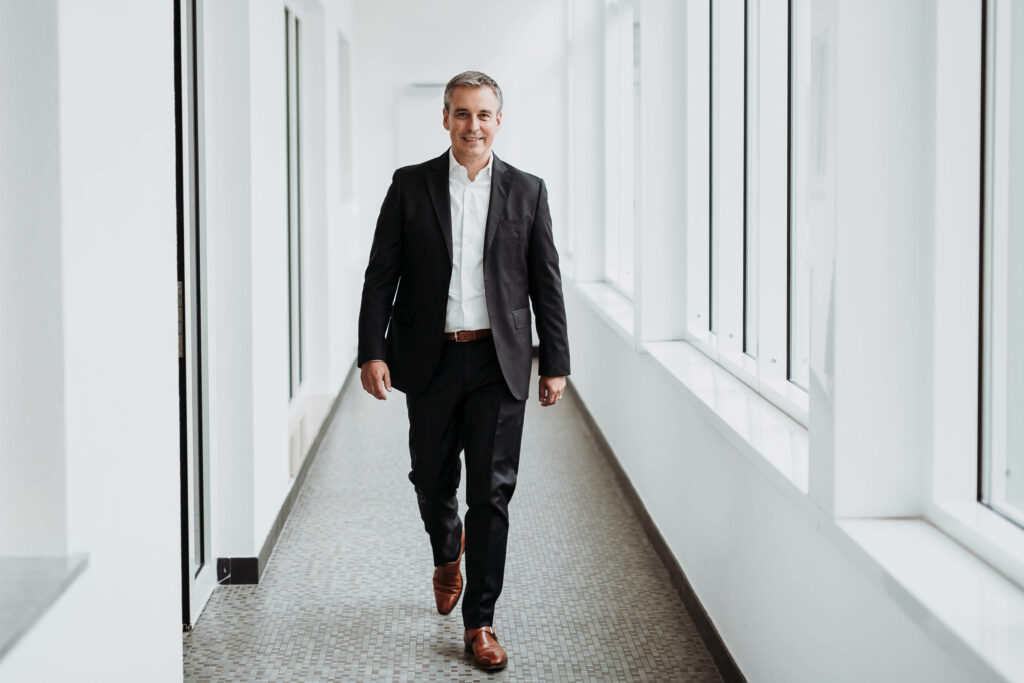
Lifelong Learning
The sole investment in education is not enough to prepare our children for entering the future labor market. We need a comprehensive strategy that ensures the right match between the qualifications of our workforce and the requirements of the employers. The interministerial working group Skillsdësch will therefore create a national action plan, defining the most promising sectors for our future economy and the skills needed to work in these sectors.
In 2021, Minister Claude Meisch plans to open a ‘People’s University’ in Esch/Belval, which will group together the 3 actors of the Luxembourgish Lifelong Learning field – the Institut national des langues (INL), the Centre national de formation professionnelle continue (CNFPC) and the Service de la formation des adultes (SFA). Last but not least, adult training programs need to be further developed, especially in the digital area.
Not a driver of the pandemic
Schools are not considered to be enforcing the spread of the pandemic. That’s one of the conclusions in the recently published report on the evolution of positive covid-19 cases in our schools. On the contrary: The step model has done its part in slowing down the spread of the virus in and around schools.
Mobile testing teams in schools
Testing is and remains a central element in the fight against the spread of the virus. In order to react quicker to isolated infections in classes, a dozen of mobile testing teams will be circulating through schools, starting on November 16th. Affected students and teaching staff can thus be tested on location and don’t necessarily need to visit a test center or laboratory.
School transport
After the all saints vacation, the capacity of school transports has been significantly increased. This step ensures that sanitary guidelines can be better respected on the busses.
You can find the entire report of the ministry of education here [more…]


